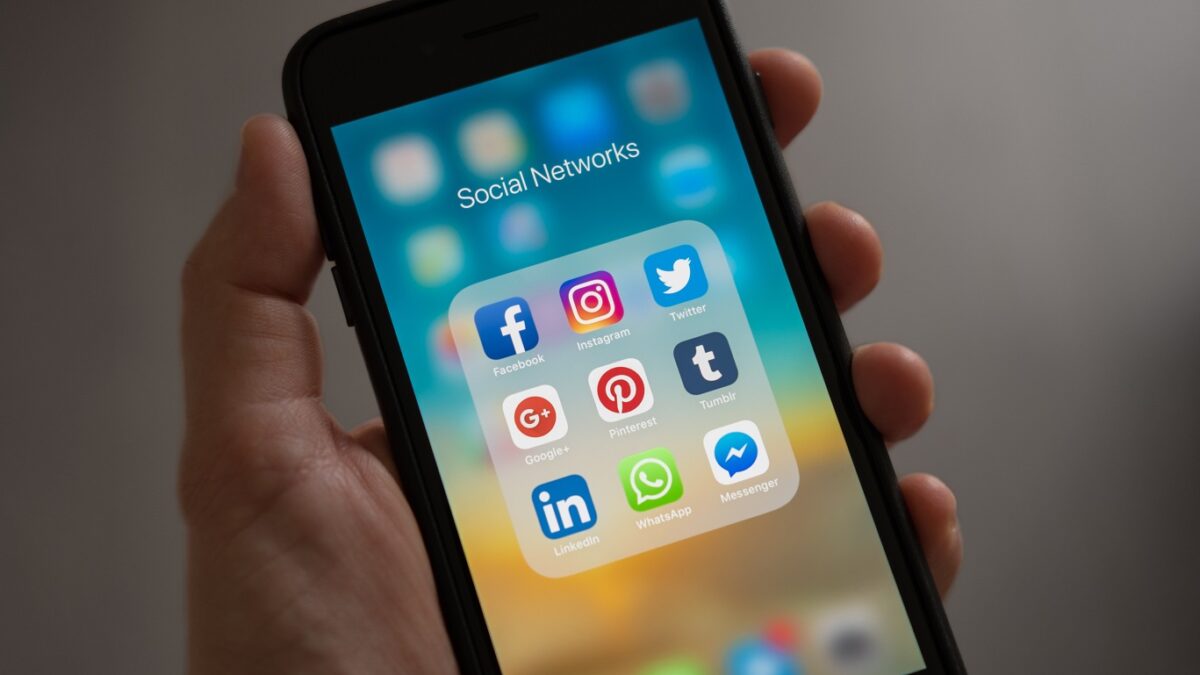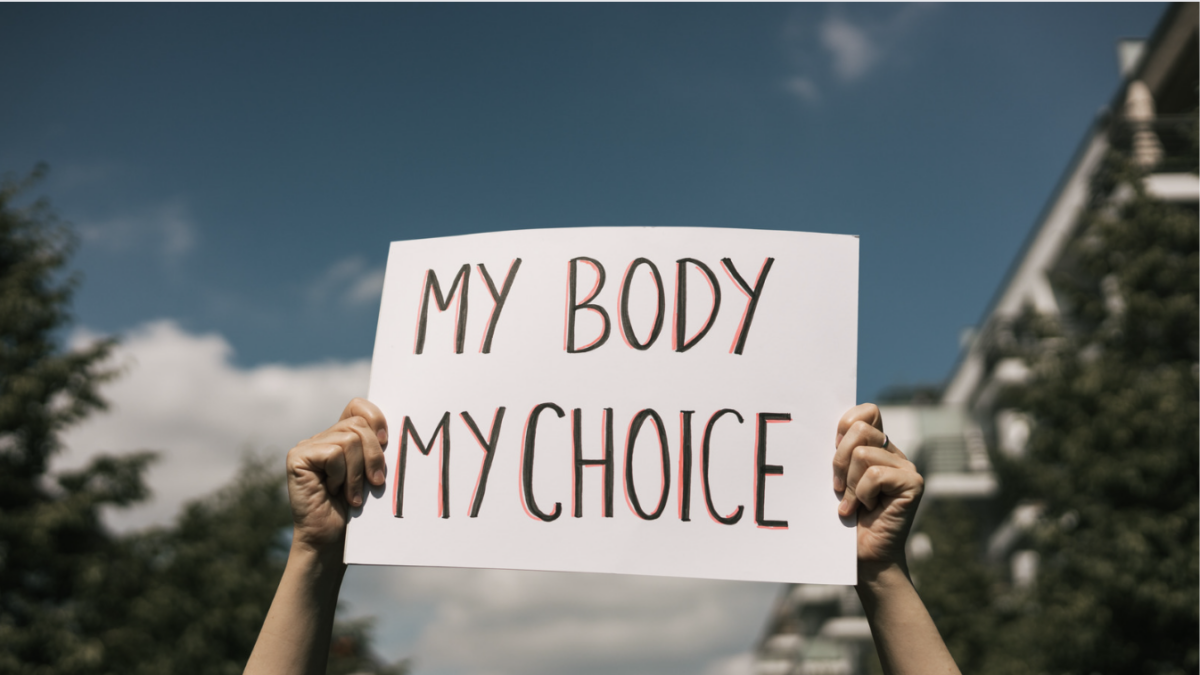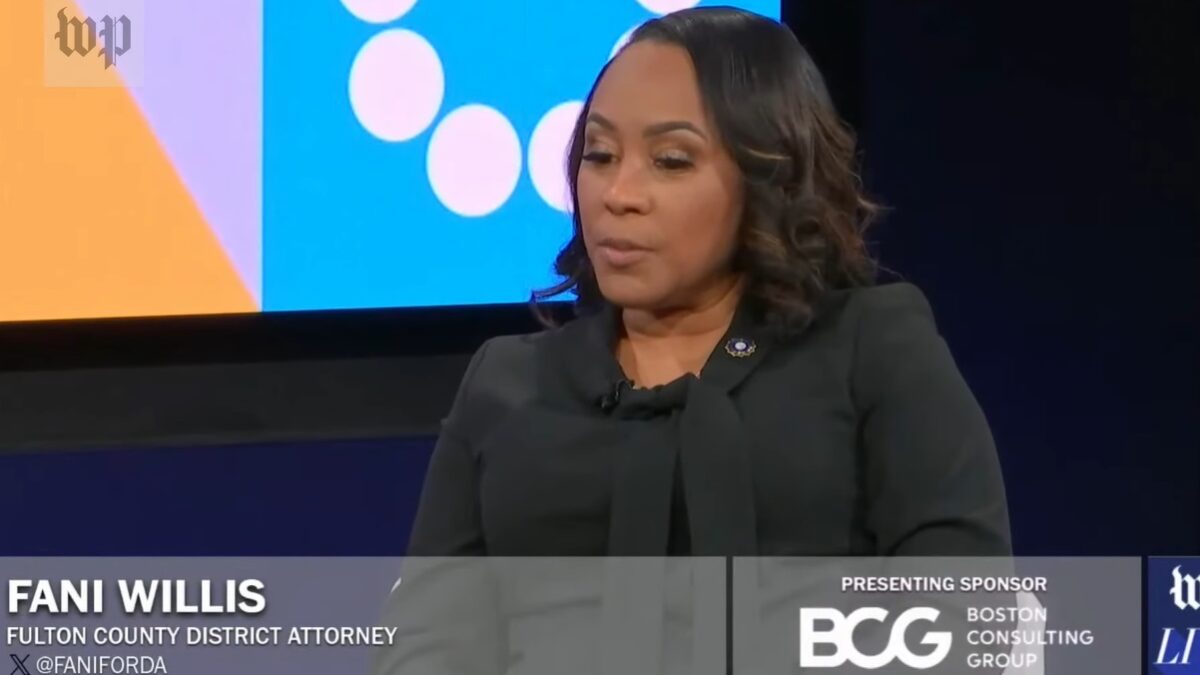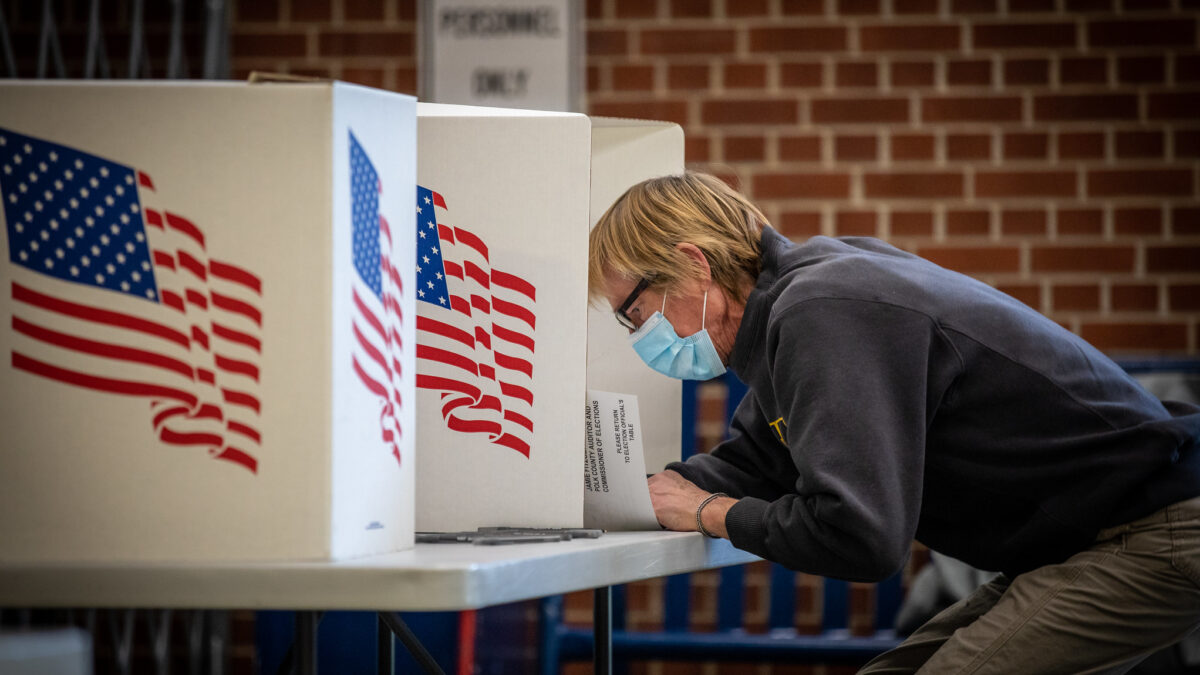
A very inside-baseball story in the publishing world broke yesterday regarding everyone’s favorite progressive feminist scold: Sally Kohn. I became aware of it when a friend in publishing referenced Twitter posts from Aminatou Sow (who may or may not be a writer) accusing Kohn of misquoting her in her new book, “The Opposite of Hate.”
Sow, who is black, drags Kohn for casting her as a cultural stereotype and using her privileged platform to denigrate black women as angry. The tweet storm starts here:
https://twitter.com/aminatou/status/984413609219543040
At issue is a quote Kohn attributes to Sow that Sow disputes. This is the section of Kohn’s book in question: “’Why is it black women are always asked to do the work,’ Aminatou chides one day as we’re in a cab and I’m telling her about my book. ‘Once you’re provoked, the rules of engagement change,’ she adds, ‘and I can fucking kill you and I’m justified in doing that’” — metaphorically speaking.
The story is a she said-she said in which nobody can really know what Sow actually said. Also, Brooklyn is not a small village. Some people have demanded that Kohn produce her notes, which she claims to have been writing at the time of the interview. But regardless of whether such notes are extant, the most intriguing aspect of this story is the light it shines on how the progressive left treats identity as a primary consideration. Consider this tweet, somewhat down the line in the thread.
https://twitter.com/aminatou/status/984416237928304640
The message here seems to be that Kohn, as a white woman, should stay in her lane. But when we look at the quote that was allegedly fabricated, it seems basically a de rigeur progressive talking point.
The first part of this statement is something I see almost everyday with arms crossed and a healthy side eye. Kohn, through the quote, presents a progressive trope that not only are the oppressed oppressed, but they are also asked to explain or teach the nature of their oppression to their oppressors. It’s actually not a ridiculous talking point, which is why it is commonly used.
The idea that racism gives license to murder is obviously more controversial, and who knows if Sow said it, but regardless, Kohn expressly states it’s metaphorical. As in, “If you say this, I can destroy your perspective.” This all seemed liked lefty Park Slope publishing argle bargle to me until I saw Kohn’s telling response. She tweets this:
In light of @aminatou's tweets and ensuing media attention, I am enclosing a statement and releasing my notes from my conversation with Amina in July 2017. Once again, Amina, I am very sorry. pic.twitter.com/15eLqG9En2
— Sally Kohn (@sallykohn) April 12, 2018
What’s fascinating here is how Kohn is apologizing for doing nothing wrong. She maintains that consent was given, she was visibly taking notes, and that Sow said what she claims she said. Yet the moment Sow said she was upset, Kohn apologized. What envy Donald Trump must feel. If the quote is accurate, what is the apology about?
Sow, and many others, have demanded that Kohn produce copies of her notes. It’s not exactly an unreasonable request, although I, and I suspect others, often discard notes after using them. Kohn has produced them. But at the end of the day, this isn’t really about whether the quote is accurate. It’s about who has a right to talk about what.
The irony that many on the Right will find delicious is that in her attempt to justify metaphorical violence on white oppressors, Kohn found herself in the crosshairs. If you must, take a moment to enjoy it. But then step away from your mirth and ask what this means for discourse in our society.
Many of us on the Right operate from the perspective that people on the Left read and consider our ideas, that there is a back and forth that edifies both writers and readers. If Kohn, who never sees a conservative white guy not worthy of a talking to, is the bad girl, where are the good guys going to come from?
Is Kohn a racist? Sow doesn’t exactly accuse her of it, but she comes extremely close. In modern parlance, which changes by the moment, Kohn invoked dangerous stereotypes in advancement of her own privilege and co-opted a take on hatred and racism, a subject Sow suggests Kohn has no expertise in.
Kohn is not a racist. And I suspect the social media bandwagon dragging her through the mud doesn’t think she is. It’s more like, “Look, woke Sally can exhibit privilege and white supremacy, so anyone can.” Okay, maybe that’s true. But, my goodness, if Sally ain’t safe, if she must apologize for things she doesn’t admit to, if the crowing crowds cackling victimhood make her bend the knee, it’s all the more reason for the rest of us not to.








